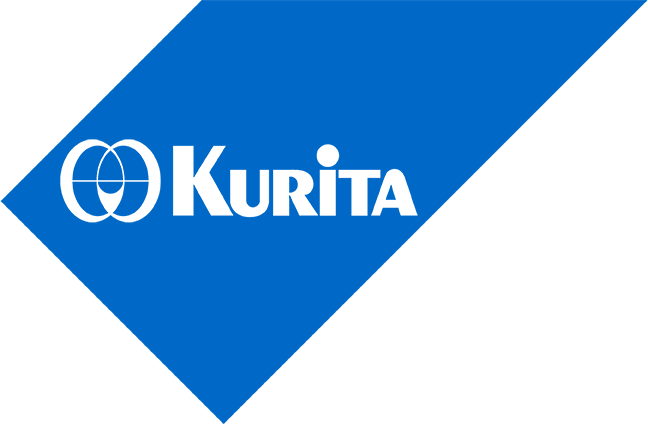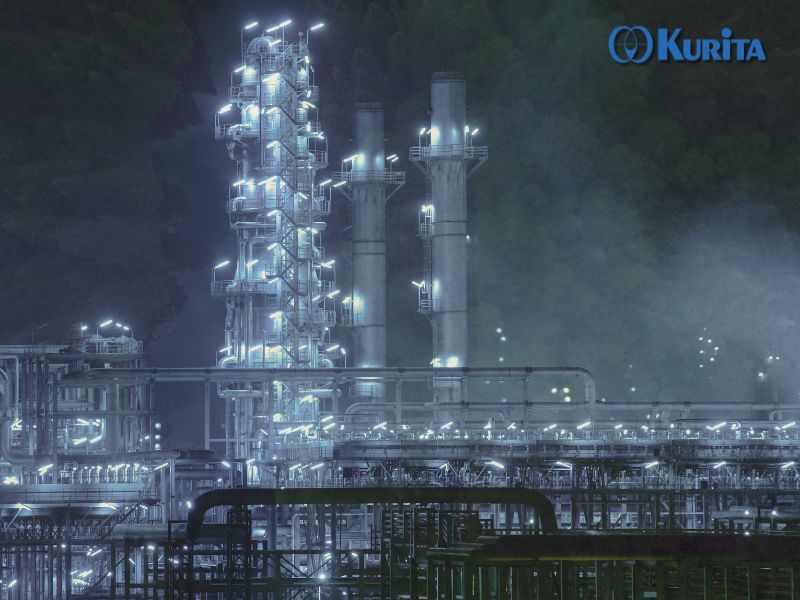Inefficient heat transfer causes unnecessary energy use, fuel consumption, and release of CO2 emissions. According to the United States Department of Energy, an estimated 60% of steam in the United States is used inefficiently. Businesses need to meet their corporate social responsibility (CSR) and sustainability goals while still having a positive impact on their financial bottom line. Dropwise is the next generation of technology to reduce carbon footprint by improving heat transfer efficiency and asset preservation.
Dropwise provides a very thin coating on the target heat exchanger that adds protection from corrosion. The coating helps prevent deposit and scale buildup while improving heat transfer efficiency. This results in a reduction of maintenance, operational, and energy costs.
Along with the operational and economic benefits for a facility are the environmental benefits:
-
A coating that offers protection can reduce the use of other chemical treatments, such as corrosion inhibitors, offering a higher level of safety at a facility and lowering the need for additional chemical treatment. This results in less handling and less chemicals being possibly discharged into the environment
-
Reduced fuel consumption because of improved heat transfer efficiencies will reduce carbon dioxide emissions.
Traditionally, a filmwise condensation offers a thermal barrier to protect the equipment but reduces heat transfer. The rate of condensation, the viscosity of the condensate, and whether the surface is horizontal or vertical can affect the thickness of this layer. The heat flow through the film, like all energy exchanges, is associated with heat losses. Kurita Dropwise Condensation Technology is the next generation of chemistry-based steam equipment treatment and is specifically designed to improve heat transfer efficiency. Unlike traditional filmwise treatments, the effect of dropwise technology is to reduce heat losses across a metal surface.
|
Condensation Type |
Filmwise |
Dropwise |
|
Surface Wetting |
Surface is wetted |
Surface remains unwetted |
|
Droplet |
Film covers surface |
Distinct droplets |
|
Heat Transfer Coefficient |
Lower |
Up to 10x greater |
|
Condensation Rate |
Slower |
Faster |
Kurita Dropwise Condensation Technology covers the heat exchange surface with a water-repellant film that prevents condensing water from forming an insulative layer. This allows for significant energy savings, production increases, and decreased emissions by five to ten percent.
Kurita has leveraged the Kurita Dropwise Condensation Technology for many years. By combining extensive water treatment experience and research and development (R&D) capabilities, Kurita created this innovative solution to help boost heat transfer efficiency and reduce operational costs.
The technology has been proven effective across a variety of industries, including power generation, petrochemistry, and chemical processing. It is used in petroleum cracking, condensers, reactors, dryers, and other equipment.
In 2019, Kurita was awarded the Energy Conservation Grand Prize by the Agency of Natural Resources and Energy in Japan for the Kurita Dropwise Condensation Technology. By improving the heat transfer efficiency, Kurita Dropwise Condensation Technology reduces steam consumption, leading to lower energy costs and a reduced environmental impact.
Kurita promotes sustainable industrial practices by developing and promoting technologies that minimize energy and water use as well as waste sent to a landfill. Kurita Dropwise Condensation Technology is part of the Value+ product line, which focuses on creating shared value (CSV) with customers and the environment through sustainable water treatment technologies, services, and engineering.
Kurita Dropwise Condensation Technology is the next generation of technology to improve heat transfer efficiency while helping to create a more sustainable planet. These technologies will help businesses not only operate more effectively but increase their sustainability standing.

